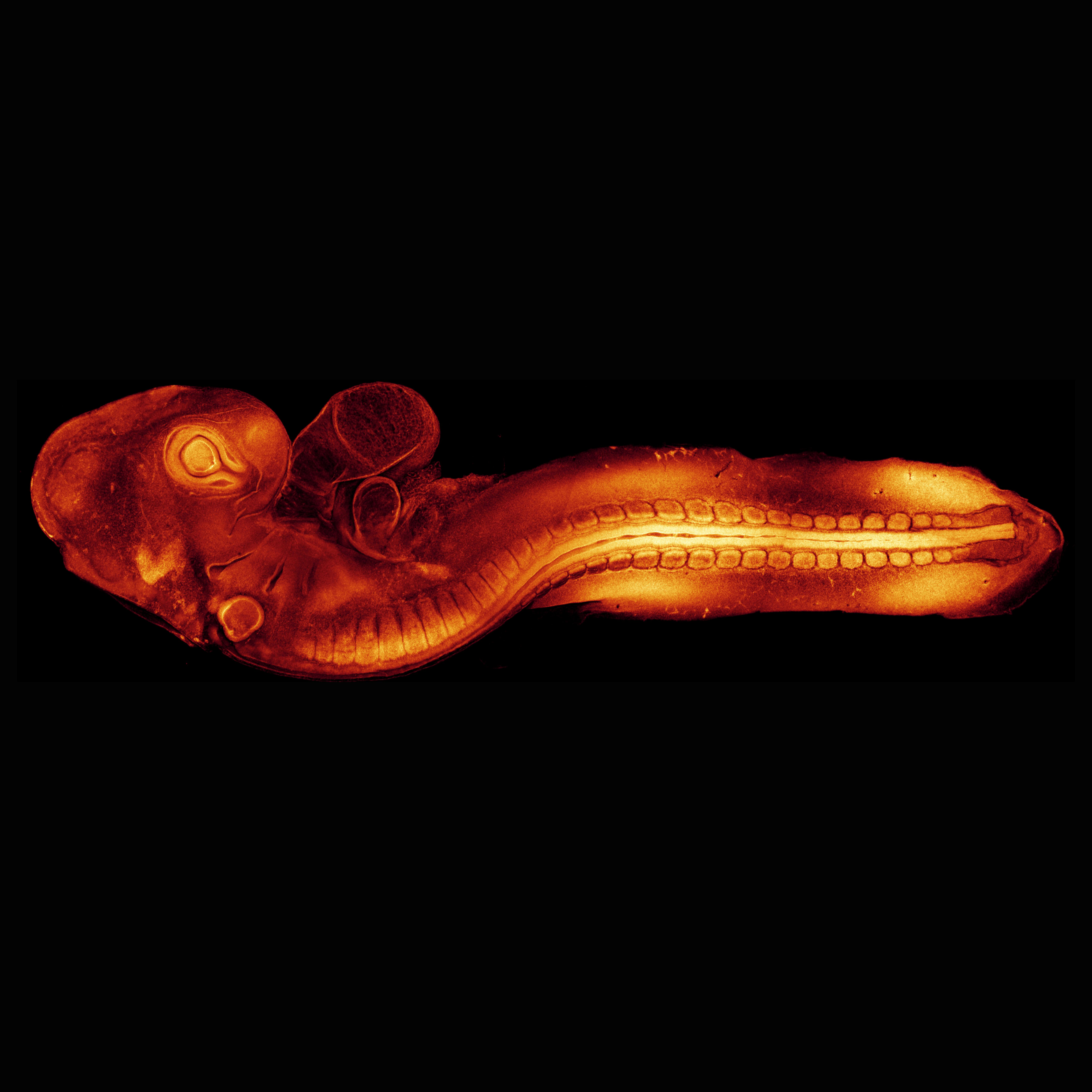Children in their 10s who have been breastfed score higher on average on neurocognitive tests, a study has found.

- Ten-year-olds who were breastfed as babies perform better on cognitive tests than those who were bottle-fed.
- The strongest association between breastfeeding and cognitive development was observed in children who were breastfed for more than 12 months. However, all breastfed children, regardless of breastfeeding duration, scored higher on the tests than non-breastfed children.
Multiple studies have already looked at the benefits of breastfeeding in newborns. Protecting them against infections, reducing the risk of developing asthma and beneficial for the maturation of their digestive system, breast milk would also have a positive effect on their cognitive development once they become older.
This is demonstrated by a new study published in the journal Frontiers in Public Health. “Our results suggest that any amount of breastfeeding has a positive cognitive impact, even after only a few months”explains Daniel Adan Lopez, first author of the study. That’s what’s exciting about these results. It is hoped that, from a policy perspective, this can help improve motivation to breastfeed.”
Results correlated with the length of breastfeeding
To reach this conclusion, the researchers looked at the test scores of more than 9,000 nine- and ten-year-old participants in the Adolescent Brain Cognitive Development (ABCD) study, whose mothers said they had breastfed them. They then compared these results to those of children who were not. Variations were found in the cumulative cognitive test scores of breastfed and non-breastfed children. The results also show that the longer the child was breastfed, the better the results.
The strongest association was observed in children who were breastfed for more than 12 months. “Children who were breastfed until seven to 12 months had slightly lower scores, and then children between one and six months had lower scores. But all scores were higher compared to children who were not breastfed. ‘have not been breastfed at all’, notes Dr. Lopez. In contrast, breastfeeding does not appear to impact executive function or memory.
“These results support the basis of the work already carried out around lactation and breastfeeding and its impact on the health of the child”says Ed Freedman, principal investigator of the ABCD study in Rochester and lead author of the study.
Encourage young mothers to breastfeed
Although breastfeeding is the sole choice of the mother, the results of such a study could encourage those who are still reluctant to take the plunge, or even encourage those who are breastfeeding not to wean their babies too quickly, believes Dr Hayley. Martin, co-author of the study. “Previously established research shows the many benefits of breastfeeding for both mother and child. The results of this study are important for families, especially before and soon after birth, when decisions about breastfeeding are taken. They can encourage breastfeeding goals of a year or more. It also highlights the critical importance of continuing to work to provide equity-focused access to breastfeeding support, prenatal education and practices aimed at eliminating structural barriers to breastfeeding.”
.

















